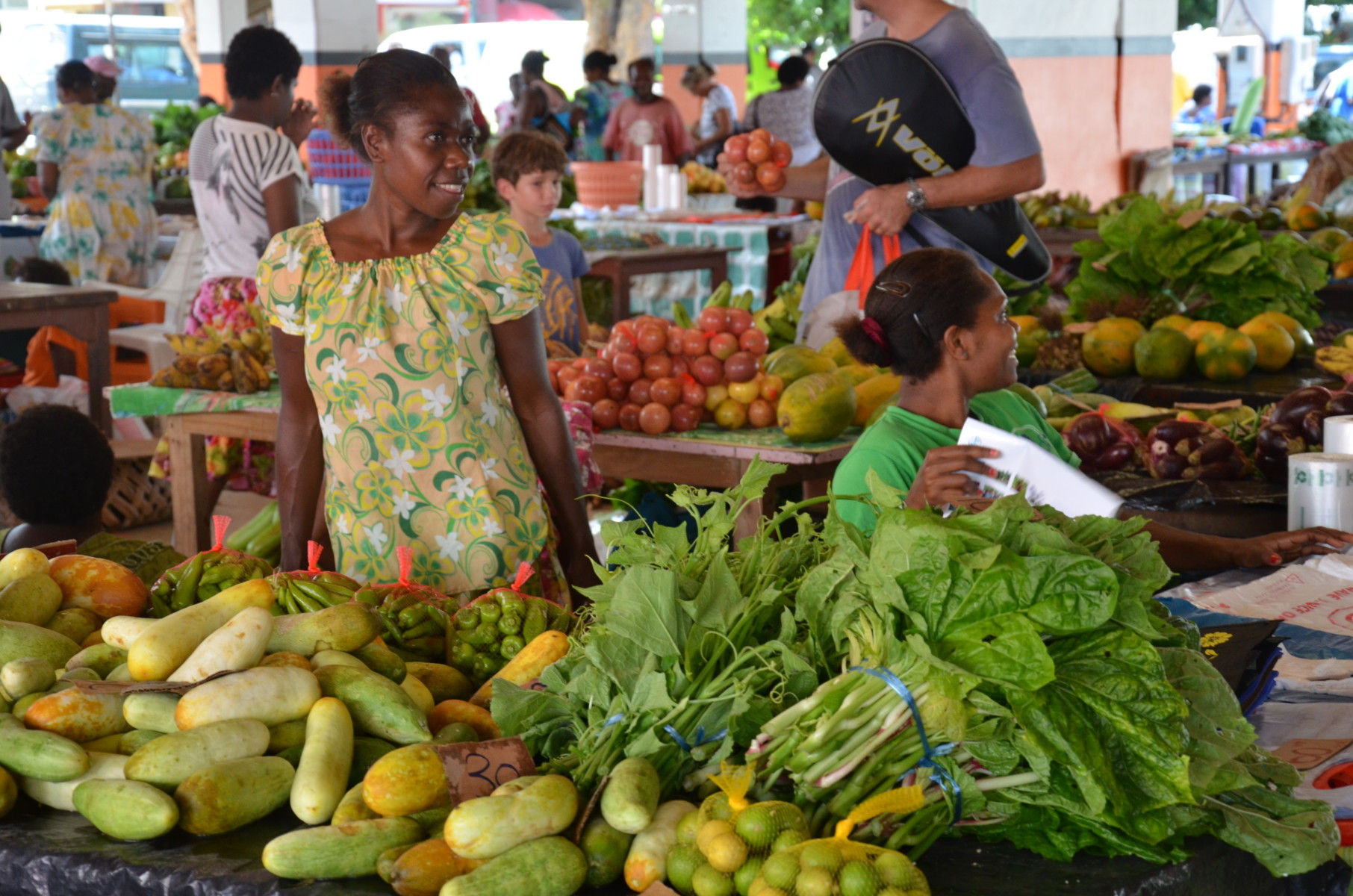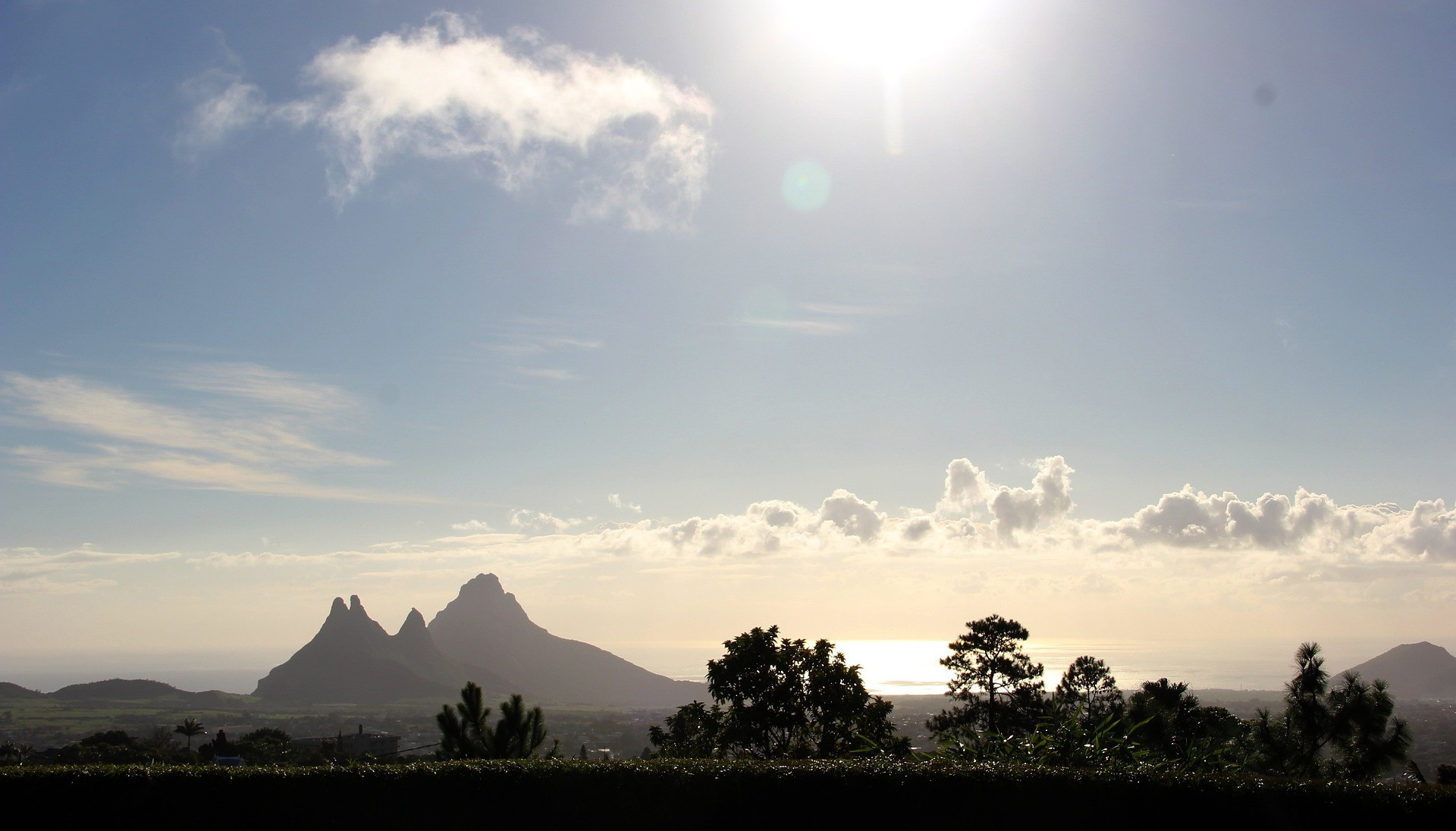Of all countries on earth, small island states are most at risk from climate change. So there was a ray of hope for them in 2016 with the opening of the Commonwealth Climate Finance Access Hub. This new Commonwealth initiative will enable vulnerable and developing member countries to draw down funding from a global pot with a target of US$100 billion a year by 2020. The finance will help them adjust to the ravaging effects of climate change.
Commonwealth Secretary-General Patricia Scotland hailed the hub as a “practical step forward” towards delivering the Paris Agreement on climate change. That agreement calls for the urgent release of funds.
The new Climate Finance Access Hub is hosted by the Government of Mauritius. It was officially opened by Commonwealth Secretary-General Patricia Scotland and Mauritius Prime Minister Anerood Jugnauth at a signing ceremony in New York in September 2016.
Secretary-General Scotland has placed climate change and the implementation of the Paris Agreement as one of her top priorities. At the New York ceremony she said: “Climate change is arguably the greatest challenge facing the world today. Increasing global temperatures, rising sea levels, extreme weather and loss of ecosystems look set to radically alter the planet and pose an existential threat to many countries.

Funding target of the Climate Finance Access Hub
“Donors are at last creating climate funds, but too often they are tied up in red tape and tremendously complicated to access, especially for small countries with limited capacity. In short, the money isn’t getting to those who need it nearly fast enough. This Commonwealth initiative will make the difference in unlocking much needed capital for adaption and mitigation, thanks to the generosity of Mauritius and other partners.”
Prime Minister Jugnauth said: “As much as it is important to know that funds have been committed at the global level to tackle climate change, it is equally important for small island developing states, least developed countries and other states with limited capacities to know where the funds are located and how to access them.
“The Commonwealth Climate Finance Access Hub has precisely been given that role. Indeed the Hub’s main objective is to palliate the deficiency in information on climate finance and to assist particularly in the preparation of bankable projects.”
Due to funding constraints, there were initial delays in getting the hub started. However, it is now staffed and running effectively in Mauritius. Read more about the Hub.
Watch: Sir Anerood Jugnauth, Prime Minister of Mauritius, announces the opening of the new Climate Finance Access Hub, which his country hosts (New York, September 2016)
Further progress with climate finance in 2015-2017
Three regenerative development forums took place in 2016/17 with the Cloudburst Foundation. These workshops discussed the concept of regenerative development. Ecosystems form critical building-blocks that assist us together in building resilience to climate change.
Coral reefs, so vulnerable to increased storminess perform essential flood protection. The ecological protection of land and river catchments help us to better assure water security and guard against land degradation and drought. From this recognition grows the concept of Regenerative Development. This concept encompasses our belief that climate adaptation and resilience must be bottom up and place people and ecosystem service and function at its core.
Human security is ‘the freedom to have an to be’. Here at Secretariat, we will focus upon those aspects of Regenerative Development, which help us to move forward the human security-related dimensions of climate change. Placing the climate resilience of our communities at the core of all of our work.
“For an organisation that has sometimes appeared to be searching for a purpose, it may now be finding one – as a pioneer for the game-changing solutions some of its 52 [now 53] members are desperately crying out for.” The Guardian


